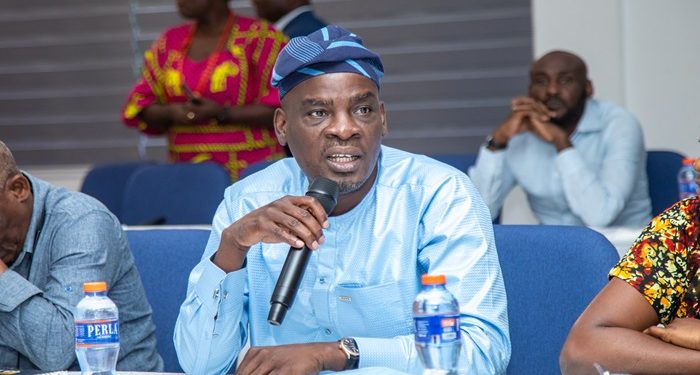Accra, Sept. 18, GNA – Dr. Elias Sory, Director General of Ghana Health Service (GHS), on Friday said schools were vulnerable population and could spread the pandemic Influenza H1N1 within the wider community.
He said the disease affected most healthy children and adults between five to 45 years while 85 per cent of all cases were involved those below 30 years and 52 per cent cases confirmed be among persons between 15 to 29 years. Dr. Sory disclosed this in a speech read on his behalf at a day’s seminar to educate teachers how to prevent and control the disease in schools.
The programme jointly sponsored by National Disaster Management Organisation (NADMO), Coca Cola and United Nations UN-OCHO was attended by teachers from public and private schools in the Greater Accra Region. Dr. Sory announced that since the emergence of the disease, 13 cases have so far been confirmed in the country. Dr. Joseph Amankwa, Director of Public Health, said the tendency for Africans to sweep this threat under the carpet might seem rational because of rampant conflicts on the continent. He said endemic diseases such as Malaria, Tuberculosis, Meningitis, Cholera, Haemorrhagic Fevers, food security, volcanic eruptions and floods could also lead to chronic emergencies that would require international assistance.
Mr. Alex Tetteh-Enyo, Minister of Education, in an address read on his behalf by Mr. Victor Kofi Mante, Director, Teacher Education Division of Ghana Education Service (GES), said since the disease could affect many people within the shortest possible time; it was a potential threat to schools where many children and teachers congregate. “An outbreak in any of our educational institutions could result in devastating consequences with ultimate result in closure of schools and suspensions of the academic calendar,” he said.
Mr Tetteh-Enyo said though deadly, prevention of the disease was very simple and called on teachers to disseminate accurate information and knowledge on the disease, its mode of transmission, control, management and observance of simple basic personal hygiene. Mr. Kofi Portuphy, NADMO National Coordinator, said all schools should have an emergency health management programme and simple precautionary measures to control any emergency health situation that might arise.
Source: GhanaWeb










